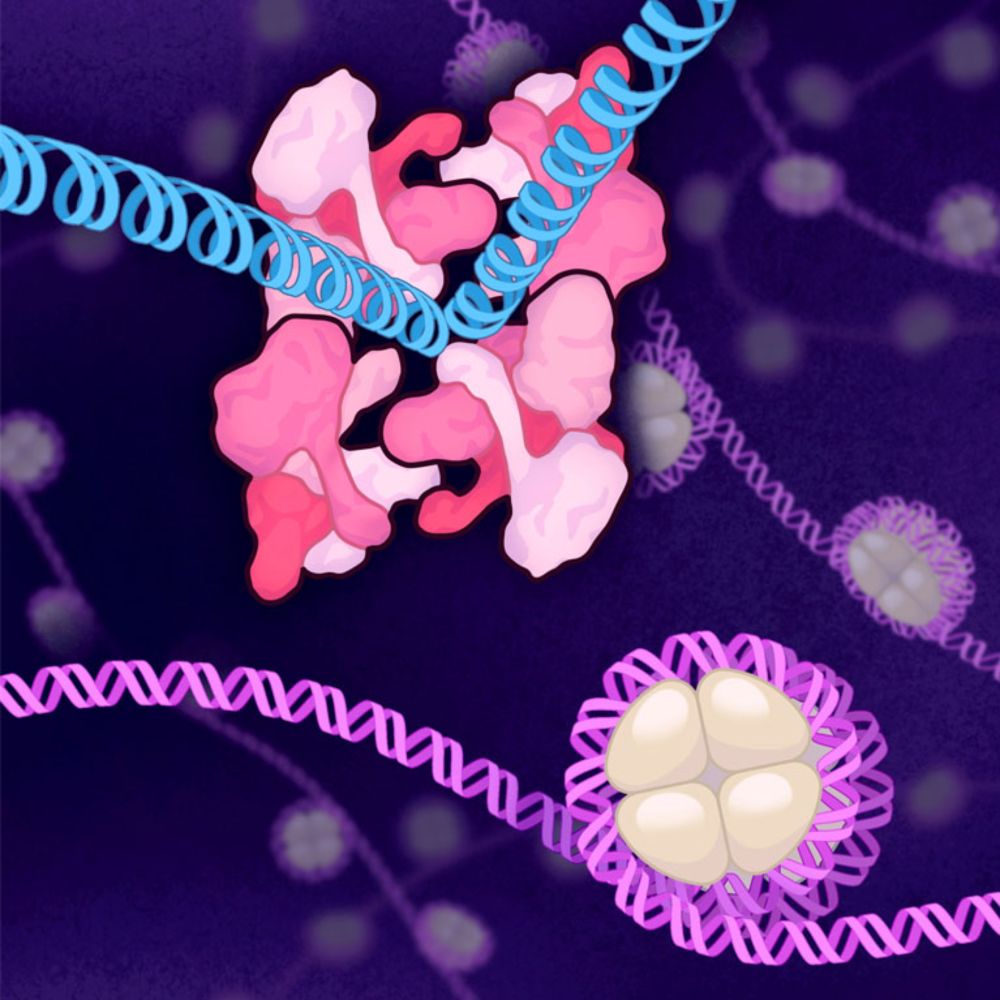
www.salk.edu/news-release....
www.salk.edu/news-release....
www.salk.edu/news-release...

www.salk.edu/news-release...
🌿Joseph Nery, research assistant in Ecker's lab where he lends his expertise in single-cell genetic and epigenetic sequencing techniques and computational analyses
🌿Joseph Nery, research assistant in Ecker's lab where he lends his expertise in single-cell genetic and epigenetic sequencing techniques and computational analyses
🧠Kay Tye, neuroscientist who studies the neural circuit basis of emotion and how it shapes social interaction, reward-seeking, and avoidance behaviors
🧠Kay Tye, neuroscientist who studies the neural circuit basis of emotion and how it shapes social interaction, reward-seeking, and avoidance behaviors
💤Satchin Panda, biologist and expert on the cellular and molecular basis of circadian rhythms
💤Satchin Panda, biologist and expert on the cellular and molecular basis of circadian rhythms
🔬Ronald Evans, microbiologist and expert on the role of hormone receptors in reproduction, growth, and metabolism
🔬Ronald Evans, microbiologist and expert on the role of hormone receptors in reproduction, growth, and metabolism

www.salk.edu/news-release...

www.salk.edu/news-release...
Join us for a special *live* podcast episode exploring how the government shutdown impacts our research and the best way for science to move forward.
Be the first to hear exclusive insights and learn how science today shapes the world of tomorrow.
salk.edu/cant-wait

Join us for a special *live* podcast episode exploring how the government shutdown impacts our research and the best way for science to move forward.
Be the first to hear exclusive insights and learn how science today shapes the world of tomorrow.
salk.edu/cant-wait

#HIV

#HIV
Salk scientists are piecing together the details of HIV replication in search of new treatment avenues for the tens of millions of people living with HIV globally.
A thread🧵

Salk scientists are piecing together the details of HIV replication in search of new treatment avenues for the tens of millions of people living with HIV globally.
A thread🧵
Your support keeps discovery alive.
www.salk.edu/support-us/s...
Your support keeps discovery alive.
www.salk.edu/support-us/s...
tedxboston.com/portfolio/un...
#UnlockingLongevity #TEDxBoston #CircadianRhythms

tedxboston.com/portfolio/un...
#UnlockingLongevity #TEDxBoston #CircadianRhythms
Application Deadline: December 15, 2025
www.salk.edu/about/our-co...

Application Deadline: December 15, 2025
www.salk.edu/about/our-co...
www.salk.edu/news-release...

www.salk.edu/news-release...
#Nobel2025 #Immunology #RegulatoryTcells #SalkScience #ScienceCantWait
#Nobel2025 #Immunology #RegulatoryTcells #SalkScience #ScienceCantWait
A thread:

A thread:
Why? Because cancer doesn't wait. Alzheimer's disease doesn't wait. So science can't wait either.
Donate today: www.salk.edu/support-us/s...
Why? Because cancer doesn't wait. Alzheimer's disease doesn't wait. So science can't wait either.
Donate today: www.salk.edu/support-us/s...

